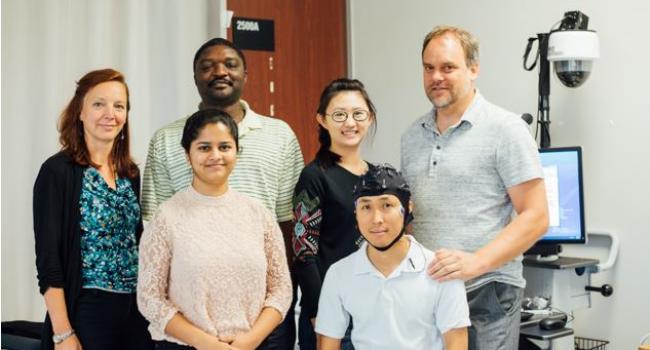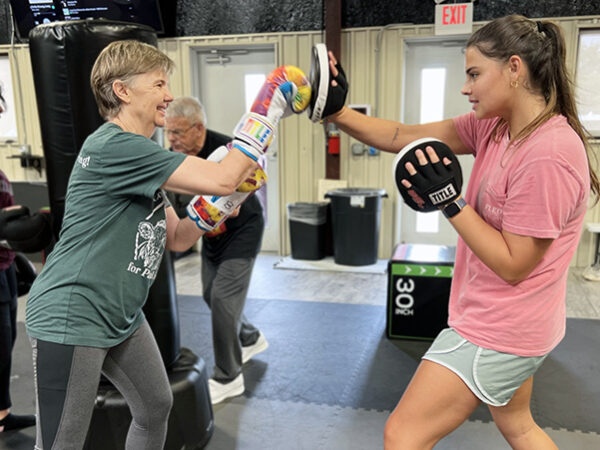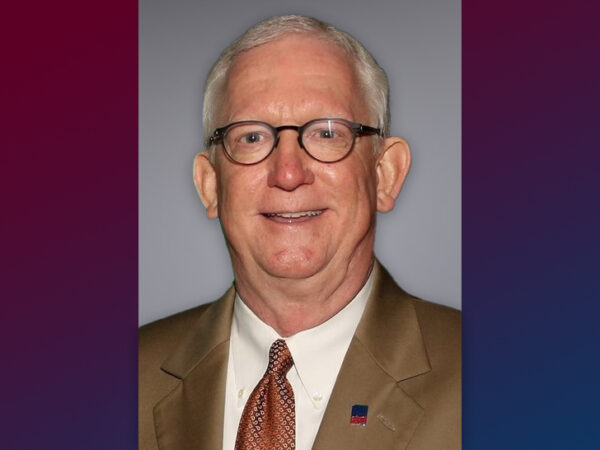
Becoming A Leader In Sleep Quality Research
Many of us consider sleep a basic process – something we all have to do. However, the impact it has on our high-level functioning proves it is far more than that. Research happening in the Neurobiological Lab for Learning and Development (NLD) is focused on making the college a leader in the sleep quality field by examining sleep’s full impact.
“Few education departments have a specialization in this area because sleep research is hard to conduct and requires collaboration of multiple researchers. This is our first step in becoming leaders,” said Dr. Steven Woltering, professor of learning sciences and director of the NLD.
The first piece of the puzzle is the college’s new polysomnography (PSG) system. Dr. Woltering and Dr. Nicolaas Deutz, director of the Center for Translational Research in Aging and Longevity (CTRAL) were awarded a college Catapult Grant in 2015 to purchase the PSG system. It allows researchers to simultaneously collect a wide array of high-resolution peripheral and central nervous system measures during sleep.
The data collected by the PSG system can be used to support various research targeting the remediation and optimization of health and learning. More than a dozen faculty members in CEHD along with the College of Engineering have expressed interest in different research projects using the PSG system. Dr. Woltering believes this will provide the opportunity for the college to become a leader in sleep research with applications for education.
“Innovation often occurs at the intersection of different disciplines and it is my hope that bringing together researchers with shared goals but different methodological and theoretical perspectives will lead to impactful discoveries.”
Drs. Woltering and Deutz are currently working with researchers and graduate students on training with the PSG system with hopes of starting pilot testing when the Human Clinical Research Facility opens in 2017.
One of the first research focus areas is the importance of napping and what happens to a person’s brain when they are taking a nap. Dr. Woltering and his student, Yajun Jia, have questions about why one person can quickly fall asleep, nap and wake refreshed while another is not as successful.
“We’re looking at these elements that impact how fast people can fall asleep, what helps them fall asleep faster and the type of conditions that facilitate that, and also how you can organize what kind of control you can have over napping and not feeling so awful when you do wake up,” added Dr. Woltering.
Dr. Woltering also wants to take a closer look at how sleep effects people’s, specifically students’, emotional function. The hope is to give researchers a better understanding of predictors or risk factors that can help both students and educators.
The same is true for biometrics and other technologies used in the NLD. Dr. Woltering was awarded a Research Development grant last summer in partnership with the College of Agriculture. Under that grant, the NLD will start using eye trackers to take a closer look at how students are reading by learning exactly how long a student is fixating on a word or letter.
“We owe it to our students who are going to be the educators of the future. We need to find ways to use these methods, like the eye trackers, to help find early markers of problems a child may have with literacy. It can also help researchers be better at diagnoses to determine what kind of treatment would be more helpful for one student versus another,” explained Dr. Woltering. “We’re also interested in finding out what happens if you get better at reading and you’re not always the kid that is having problems and having to get remedial teaching. What does that do to your emotional competency and how you feel about these things? Do these feelings help you or hinder you when you’re struggling? These are very important questions that should be answered.”
You can read more about research happening in the NLD by visiting nld.tamu.edu
About the Writer
Ashley is the Media Relations Coordinator and responsible for news coverage in the Department of Teaching, Learning and Culture as well as the Department of Educational Psychology.
Articles by AshleyFor media inquiries, contact Ashley Green.














